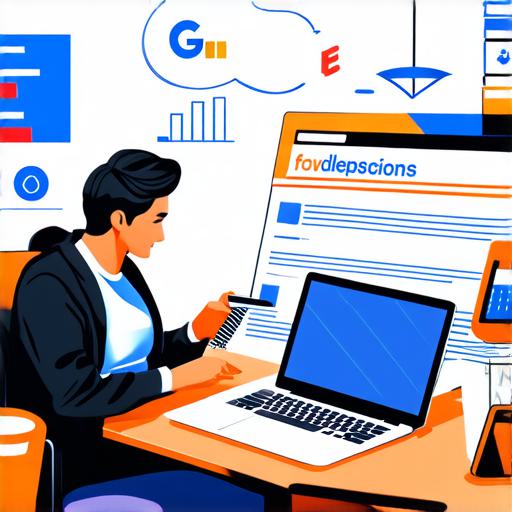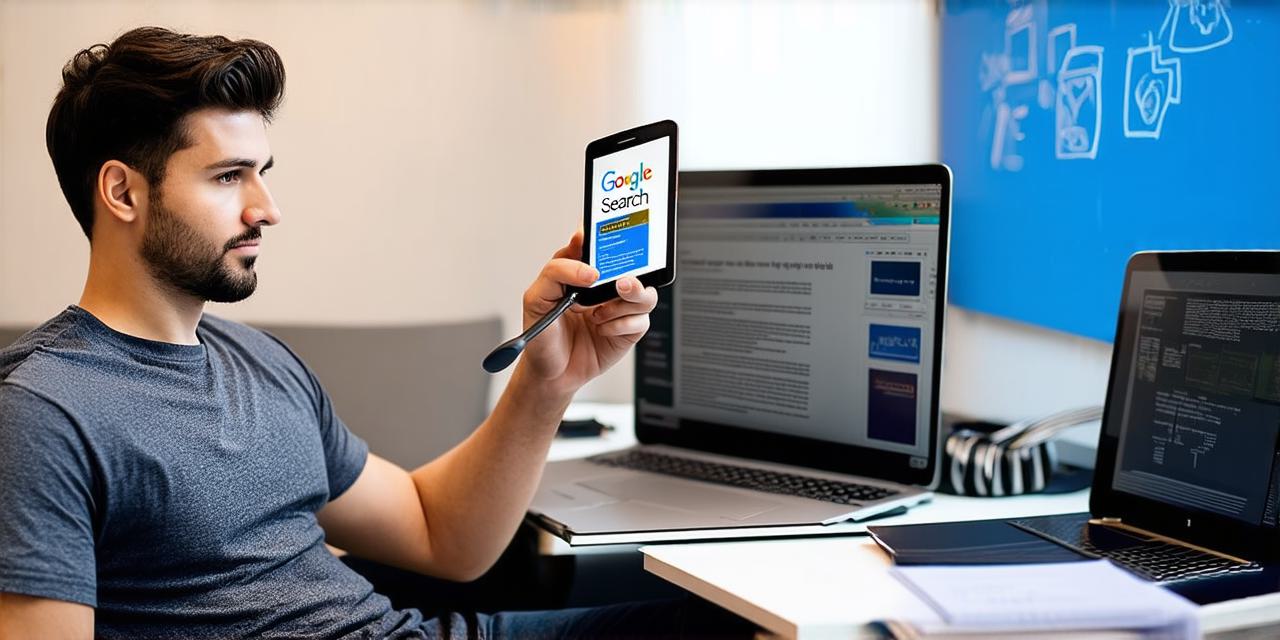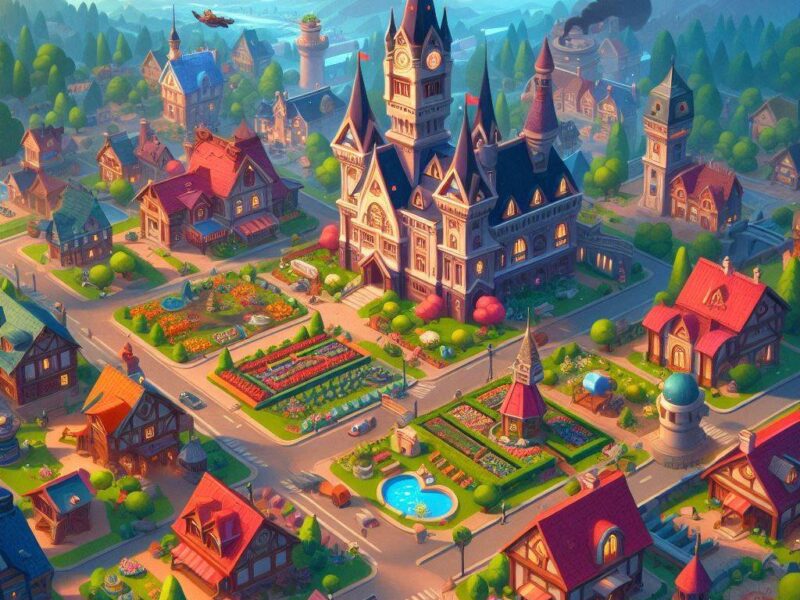Here’s the corrected HTML code for the article:
In today’s digital age, finding the perfect web designer is as simple as a few clicks on Google. But with countless options available, how do you ensure you’re choosing the best? Here are some tips and tricks to help you navigate the sea of talent.
1. Keyword Research:
Start by identifying relevant keywords related to your project requirements. These could include ‘web design’, ‘UX/UI design’, ‘responsive web design’, or ‘custom web development’. Use these keywords in your search query to narrow down your options.
2. Location-Specific Searches:
If you’re looking for a local web designer, add your location to your search query. For example, “web designers in New York City” or “top web design agencies in London”. This will help you find professionals who are familiar with your area’s unique business landscape and regulations.

3. Reviews and Ratings:
Pay close attention to the reviews and ratings of potential candidates. A high number of positive reviews and a high rating indicate a reliable and competent web designer. Remember, a good web designer isn’t just skilled; they also provide excellent customer service.
4. Portfolio Analysis:
A web designer’s portfolio is a testament to their skills and creativity. Spend time analyzing the designs they’ve created. Look for consistency in design, functionality, and user experience. If possible, reach out to the clients whose projects are showcased in the portfolio for feedback.
5. Case Studies:
A good web designer should have case studies detailing their work process, challenges faced, and solutions provided. These case studies offer insights into the designer’s problem-solving abilities and their approach to projects.
6. Expert Opinions:
Don’t just rely on online reviews. Seek opinions from industry experts or colleagues who have worked with potential candidates. Their firsthand experiences can provide valuable insights.
7. Interview Process:
Once you’ve narrowed down your list, conduct interviews. This will help you gauge the designer’s communication skills, their understanding of your project requirements, and their ability to work collaboratively.
Remember, finding the best web designer isn’t a race; it’s a journey. Take your time, do your research, and don’t settle for anything less than exceptional. After all, your website is often the first point of contact with potential customers; it deserves the best.
FAQs:
1. Why should I hire a web designer instead of doing it myself?
A professional web designer has the skills and expertise to create a functional, user-friendly, and visually appealing website that reflects your brand effectively.
2. How do I know if a web designer is reliable?
Look for positive reviews, high ratings, a strong portfolio, case studies, and good communication skills.
3. What should I expect during the interview process with a potential web designer?
During the interview, you should discuss your project requirements, their approach to the project, their timeline, and their pricing structure.


